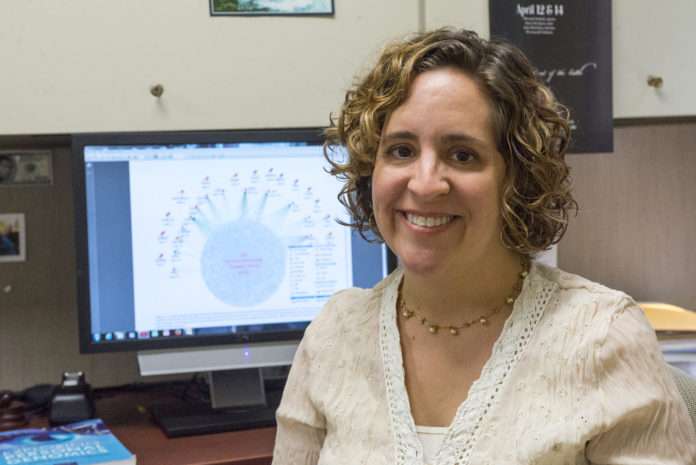Scientists find stress negatively affects chances of conception

What many have long suspected, has been scientifically confirmed - women's high stress reduces their probability of conception.
University of Louisville School of Public Health and Information Sciences epidemiologist Kira Taylor, Ph.D., and her UofL and Emory University colleagues, found that women who reported feeling more stressed during their ovulatory window were approximately 40-percent less likely to conceive during that month than other less stressful months. Similarly, women who generally reported feeling more stressed than other women, were about 45-percent less likely to conceive. The results of the study recently published in the journal Annals of Epidemiology.
In the study, 400 women 40-years-old and younger who were sexually active recorded their daily stress levels measured on a scale from one to four (low to high). The diaries also contained information regarding menstruation, intercourse, contraception, alcohol, caffeine and smoking. Urine samples also were collected throughout the study, and women were followed until they became pregnant or until the study ended, for an average of eight menstrual cycles.
Researchers calculated mean stress levels during each phase of the menstrual cycle, with day 14 as the estimated time of ovulation. They found the negative effect of stress on fertility was only observed during the ovulatory window, and was true after adjustments for other factors like age, body mass index, alcohol use and frequency of intercourse.
"These findings add more evidence to a very limited body of research investigating whether perceived stress can affect fertility," Taylor said. "The results imply that women who wish to conceive may increase their chances by taking active steps towards stress reduction such as exercising, enrolling in a stress management program or talking to a health professional."
The study also found that women who did conceive experienced an increase in stress at the end of the month in which they became pregnant. Taylor hypothesizes this could be the result of two factors: women became stressed after taking a home pregnancy test and learning they were pregnant, and/or most likely the increased stress was the result of changes in hormone levels caused by pregnancy itself.
"Some individuals are skeptical that emotional and psychological attributes may be instrumental in affecting fertility," Taylor said. "I hope the results of this study serve a wake-up call for both physicians and the general public that psychological health and well-being is just as important as other more commonly accepted risk factors such as smoking, drinking alcohol, or obesity when trying to conceive."
More information: S. Akhter et al. The Impact of Periconceptional Maternal Stress on Fecundability, Annals of Epidemiology (2016). DOI: 10.1016/j.annepidem.2016.07.015


















